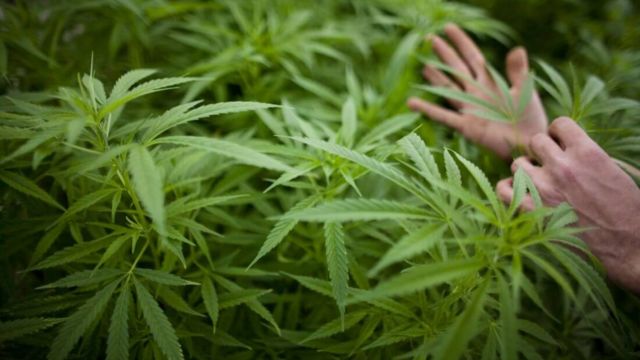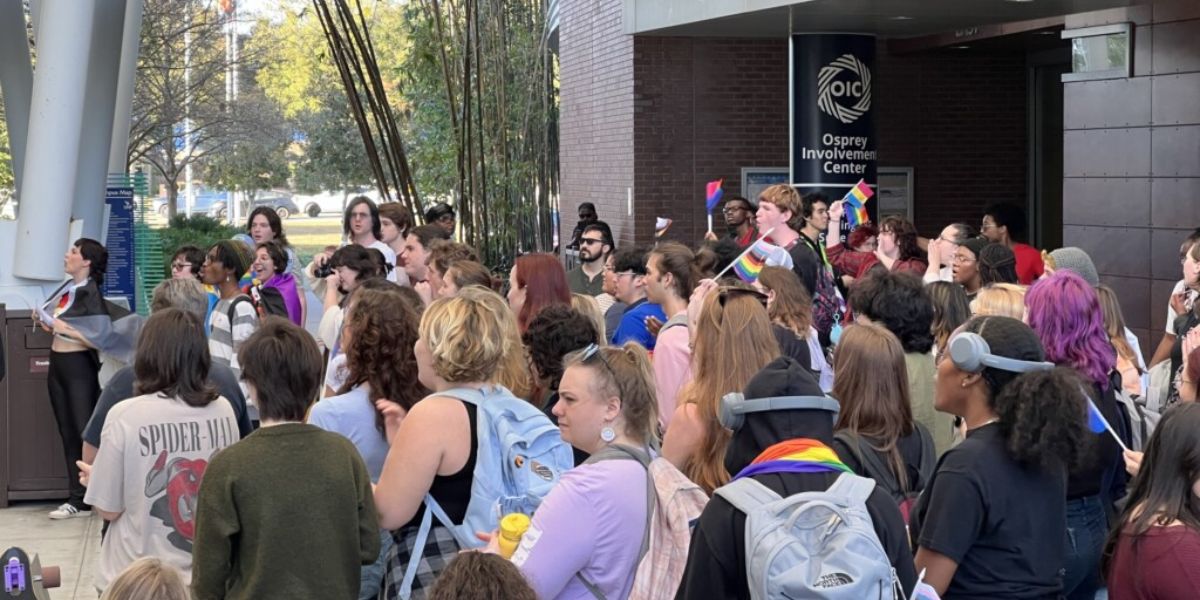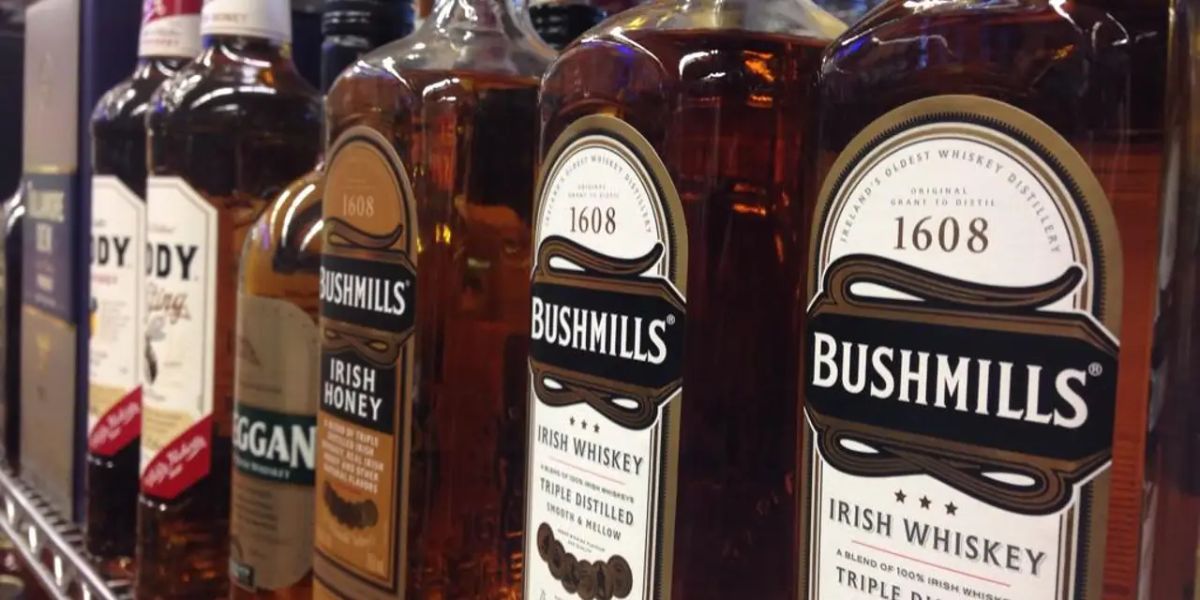Missouri has undergone significant changes in its cannabis laws since the legalization of adult use in 2023. This article aims to provide a comprehensive overview of the current cannabis regulations in Missouri as of 2024, detailing the implications for consumers, businesses, and law enforcement.
Legalization and Regulation
Missouri legalized recreational cannabis use after the passage of Amendment 3, effective December 8, 2022. This amendment allows Missourians over 21 to purchase cannabis products, including flower, pre-rolled joints, and edibles, from dispensaries without a medical marijuana card.
The legalization came with measures for equity in the state’s new distribution system and expungement of some nonviolent marijuana offenses.
Cannabis Bill Tracking in 2024
The Missouri legislature has introduced several bills to modify and refine cannabis laws. Key proposals include:
- HB1781: Creates provisions relating to intoxicating cannabinoids.
- HB1990 & HB2135: Modifies provisions relating to marijuana use and workers’ compensation.
- HB2132: Withdrawn bill that proposed prohibiting the odor of marijuana alone from giving rise to probable cause for searches.
- SB984: Introduces the “Intoxicating Cannabinoid Control Act.”
- SB968: Aims to modify provisions relating to the use of marijuana by family court participants.
Consumer Regulations and Rights
As per the state’s Department of Health and Senior Services, Missouri allows the possession of up to 3 ounces of marijuana. Notably, any amount above this is punishable by law, with penalties dependent on the amount carried.
The state also regulates ID card expirations and application processes for medical marijuana users, with a notable change in the validity of ID cards from one year to three years for applications processed on or after December 8, 2022.
Delta-8 THC and Other Cannabinoids
Missouri’s laws align with the 2018 Farm Bill, making delta-8 THC federally legal. Delta-8 THC is an isomer of delta-9 THC, with a slightly different effect profile due to its chemical structure. Products containing delta-8 THC are legal as long as they contain no more than 0.3% delta-9 THC on a dry weight basis.
Business Compliance and Regulations
Businesses in the cannabis industry in Missouri face stringent regulations. For instance, when displaying cannabis accessories, businesses must have signage stating, “These products are not regulated by the department.” There are also specific regulations for cultivation and manufacturing, including the Missouri Food Code, which adds another layer of compliance for consumable cannabis products.
Furthermore, the State requires a robust Quality Management System (QMS) for licensed facilities, with strict standards for product safety and quality.
Revenue and Taxation
Proceeds from adult-use marijuana sales are allocated to various causes, including expungement of certain marijuana offenses and health care services for veterans. Medical marijuana purchases retain a tax rate of 4%, while the state tax rate for adult-use marijuana is 6%, with local governments permitted to add up to a three percent sales tax.
Conclusion
The landscape of cannabis laws in Missouri is evolving rapidly, reflecting a broader trend of increasing acceptance and regulation of cannabis in the United States. While these changes bring new opportunities for consumers and businesses, they also come with a complex set of regulations that require careful navigation. As Missouri continues to refine its cannabis laws, it remains crucial for all stakeholders to stay informed and compliant with the latest legal developments.




